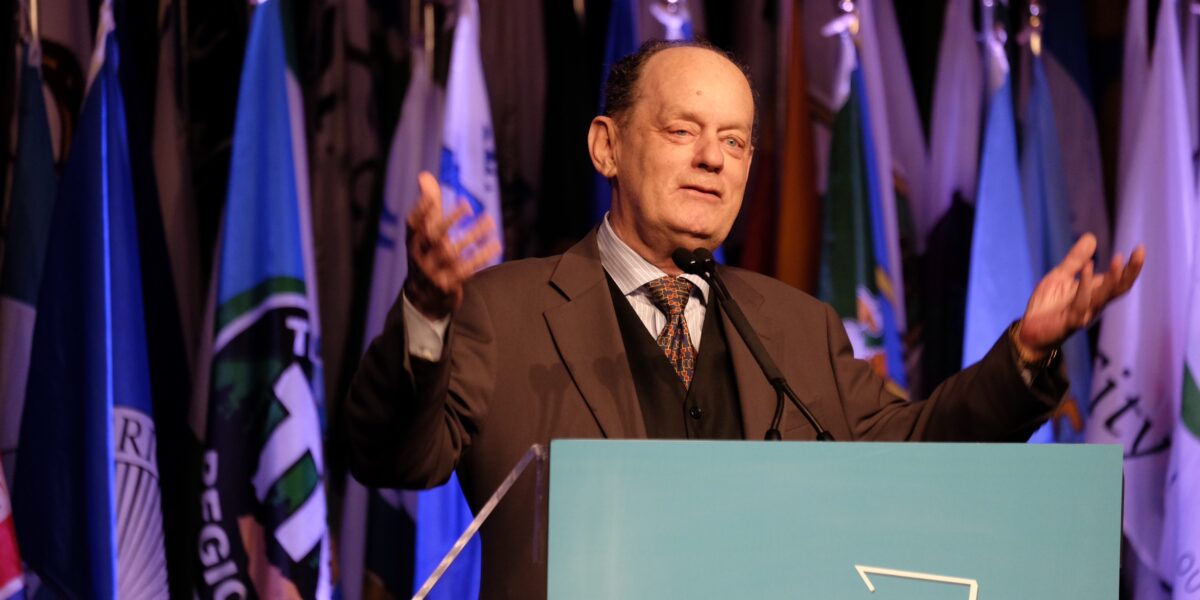Rex Murphy died last week, and all the usual suspects are sad. The print, online and broadcast media have been awash with over-the-top encomia, (a pretentious word Murphy would have used) many from the fever swamps of the Canadian right and a few from more middle of the road observers. All portray him as Canada’s favorite Newfie, a bold commentator on politics and culture, a fearless opponent of everything “woke” and a loveably colourful character.
I beg to differ. But first, a few selections from the tsunami of treacle that has swept across the nation marking the death.
Many who came to praise Murphy echoed variations on fellow Maritimer and comic Mark Critch’s comment. Critch told the CBC “You might not agree with what Rex had to say, but oh, boy, could he ever say it.”
Right wing podcaster and celebrity Jordan Peterson told the National Post that “He was the kind of man who saw exactly what was plain for all to see, and was unforgiving in his proclivity to point all that obviousness out to the men and women who refuse to acknowledge the blinding beams obscuring their own vision.”
“Alberta’s government and her people send our condolences and love to the family, friends, and colleagues of Rex Murphy. Canada will never have a voice like his again- as a proud Newfoundlander he championed what he believed to be right for our country and was always a good and true friend to Alberta. Rest in peace, dearest Rex,” wrote Alberta Premier Danielle Smith.
And former Prime Minister Stephen Harper weighed in, as well, saying “Rex Murphy was one of the most intelligent and fiercely free-thinking journalists this country has ever known.”
We are often counseled to speak no ill of the dead, advice that has never really made sense to me. What better time than the death of a public figure to assess their impact on public life? That said, I should say that my negative assessment of Murphy is not based on any personal animus. The one time he interviewed me on CBC’s Cross Country Check-Up, he was perfectly amiable and civil. Nevertheless, I cannot bring myself to join in the chorus of praise that has followed his death.
Murphy built much of his public persona on a kind of Maritime minstrel show performance, a guy with a Newfoundland accent who knew big words! It would take all day to unpack just how meretricious and insulting that act was, and how steeped its success was in anti-Newfie stereotypes. Suffice it to say that the schtick was mildly entertaining on first encounter but got old and boring very soon.
And can we stop pretending there is anything brave about using a perch at the centre of Canadian media to decry social justice and the environmental movement, and to uncritically endorse the world destroying fossil fuel industries that are blackening the world’s skies and disrupting global climate? Murphy served the petroleum industry well and was well paid by Big Petro for his services, payment that came primarily in the form of fat speaking fees. This cozy relationship and the conflict of interest it represented should, at the very least, have been acknowledged in every pro-pollution column he published and every time he hosted a CBC show that discussed petroleum industry and climate change concerns.
The embarrassingly effusive response to Murphy’s death will subside soon enough, but this does need saying. Rex Murphy was a well-paid propagandist for one of the most harmful industries in Canada, and a defender of all the prejudices and harms that the “woke” movements he so despised try to remedy. Perhaps his headstone should read “Rex Murphy, Rest in Profit.”



